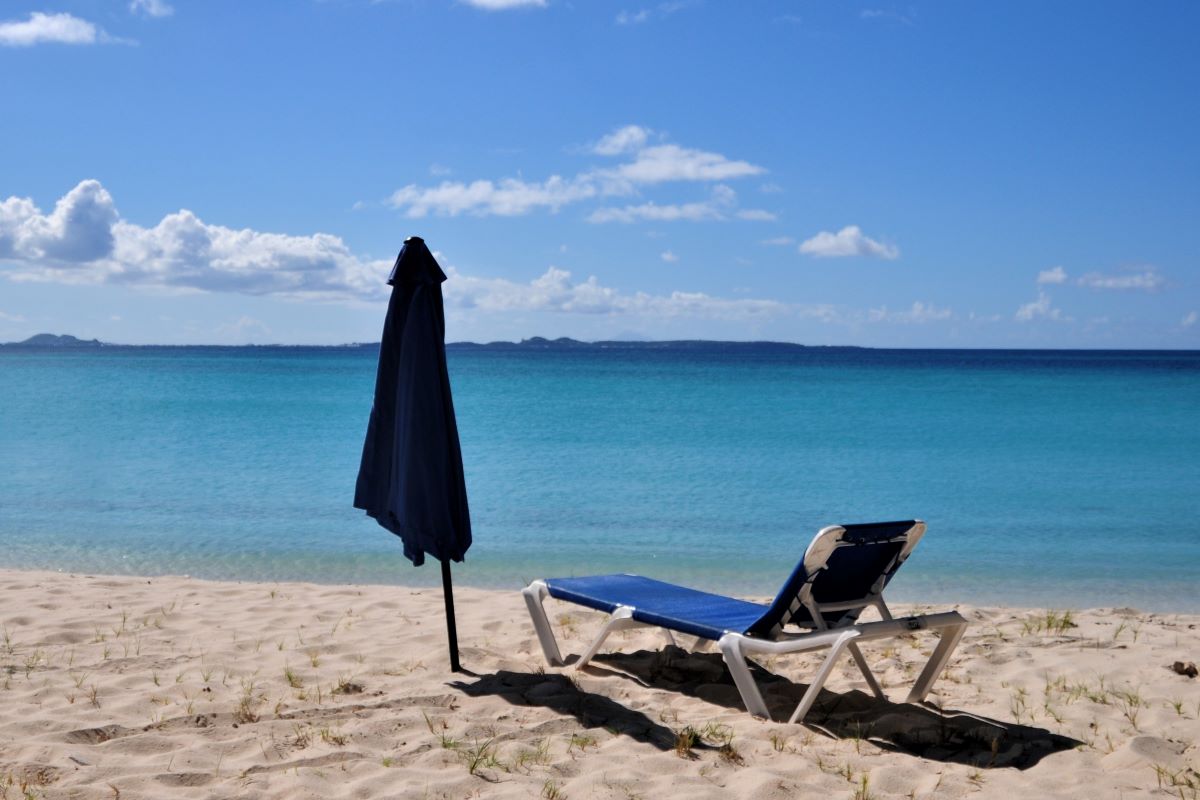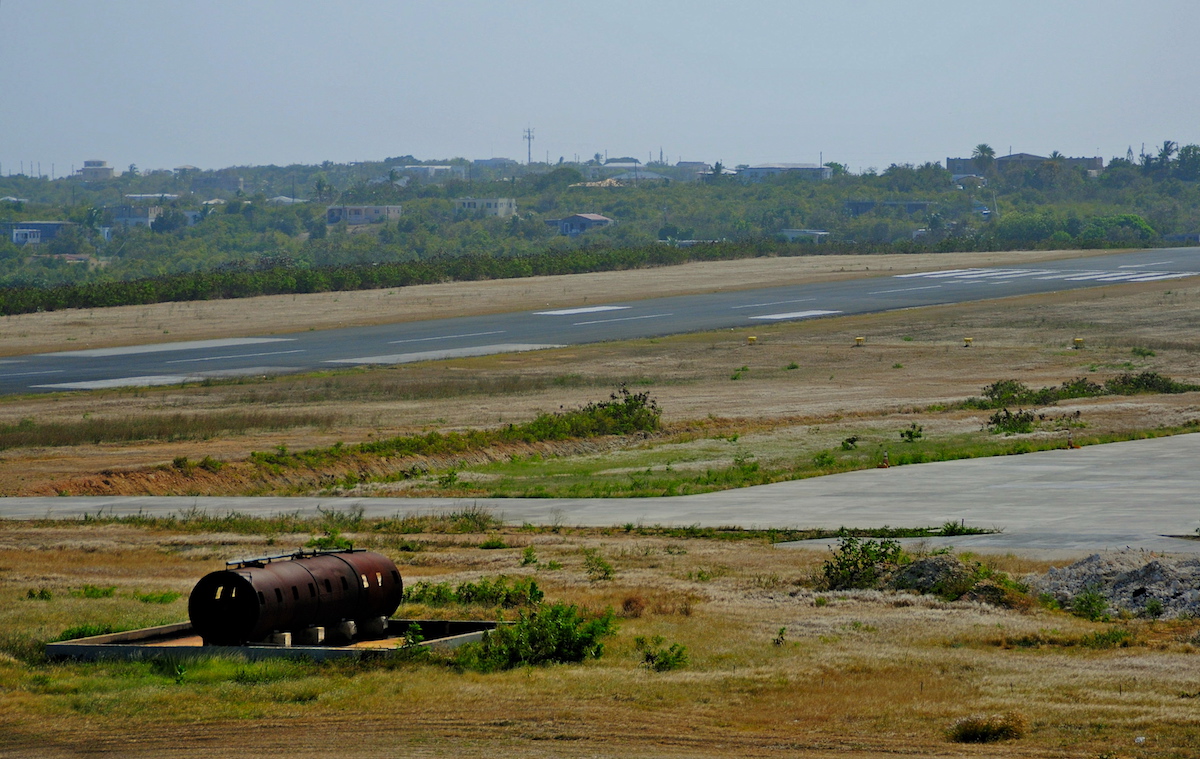In troubled times – and there’s no question these count as such – investors tend to turn to a safe haven. Gold, art, Anguilla real estate. Granted, this might not be exactly the list of foolproof commodities you’ll find at your standard wealth management advisor’s office but, believe it or not, property on Anguilla has seen a significant spike in interest in recent months.
Whether it’s the island’s well-documented status as one of the places least affected by Covid on the planet, or a collateral result of the increased levels of anxiety experienced by people all around the globe, the fact remains that over the last few weeks we have seen a flurry of enquiries for land and houses for sale in Anguilla, followed by a pretty common question: so, what do we need to do to buy property on Anguilla?
The first thing that’s important to understand is that anyone can buy property on Anguilla, but anyone other than an Anguillan national or Belonger will have to undergo a screening process prior to being allowed to purchase any piece of real estate on the island. Upon completion of this screening process the applicant will be awarded an Alien Land Holding License (ALHL)
Processing your application for an ALHL carries a cost of US $400, while developers and individuals intending to build from scratch will also have to apply for Planning Permission from the Planning Board of Lands and Surveys. The total cost of all bureaucratic procedures and forms is approximately US $750, and you can expect the Government’s decision regarding your application to be reached in no less than 90 days, but also no more than 120 days.
Once you have been granted an ALHL you will also get a notification about the taxes owed to the Government of Anguilla in order for the property transfer to go ahead. These correspond to a standard 5% Stamp Duty and an additional Transfer Tax. Officially the Transfer Tax in Anguilla stands at 12.5% of the value of the property (excluding commissions, furniture, art, cars or any additional items) but since 2017 a reduction has been in place for both built and undeveloped property. Currently the Transfer Tax for built properties has been set at 5%, while undeveloped land is taxed as 6.25%. This means you will have to pay 10% tax altogether on the value of your built property ahead of the transfer being finalized, and a total of 11.25% if you are purchasing barren land. While this significant reduction in the real estate taxes has been in place for several years, it is generally regarded as a temporary measure to incentivise the market, which makes it especially attractive to invest in Anguilla while this attractive policy is in place.
Anguillan law stipulates certain limitations to buying property, most notably the fact that beachfront land, which is highly coveted and rarely for sale, can only be purchased for commercial purposes, although a combined private and commercial strategy can be used to circumvent this hurdle. Additionally, there is a cap of half an acre on foreign individuals buying undeveloped land, and you are not allowed to keep newly acquired land undeveloped. To this end, the Government of Anguilla demands a 10% deposit on the value of the land once the transfer is finalised, which is restituted to the proprietor once the project previously approved by the Planning Board of Lands and Surveys is completed. Private building projects must be commenced within 30 months of approval.
Building in Anguilla is not a cheap enterprise but experience tells us that more often than not cutting corners will end up being even costlier than playing by the book. Each project will have specific characteristics of its own so it’s hard to give an estimate with any degree of certainty, but as a general rule you should calculate construction costs at approximately US $300/sq ft. You should also bear in mind that budgets are more often than not overshot in Anguilla. A productive approach is to aim to keep the overflow to a minimum, rather than prevent it altogether.
Keeping your feet on the ground is probably useful advice in all walks of life but nowhere is it more relevant than on Anguilla. Go for what is within your reach, get the best quality you can afford, and above all keep the fantasy alive. Remember what brought you here in the first place, and keep the flame the going!



